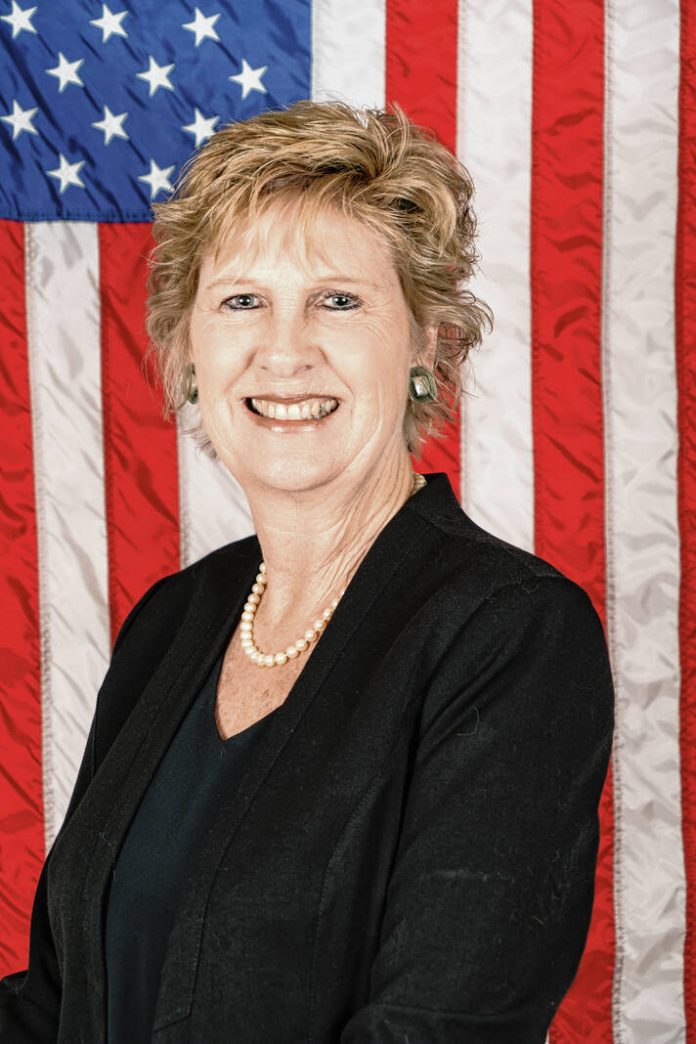Columbus officials have hired a consultant to work on the city’s application for a grant from the Environmental Protection Agency.
The Columbus Board of Works has approved a contract with Inspire Motives, LLC, a local firm run by Tobi Herron. The agreement has a not to-exceed-amount of $55,000, said City Director of Administration and Community Development Mary Ferdon.
“Section 60114 of the Inflation Reduction Act provides an investment of $5 billion to support efforts by states, municipalities, air pollution control agencies, tribes, and groups thereof to develop and implement strong, local greenhouse gas reduction strategies,” EPA’s website states. “This two-staged grant program provides funding of $250 million for noncompetitive planning grants, and $4.6 billion for competitive implementation grants. … Planning funds can be used to update existing climate, energy, or sustainability plans, or to develop new plans.”
Columbus plans to pursue both a planning grant and an implementation grant, Ferdon said. Herron has been hired to help with the planning grant and will work with Jenna Pesano, sustainability administrator for the Department of Public Works, to prepare an application that is due at the end of May.
She added that, if the city receives planning grant funds, officials plan to work with Indiana University’s Environmental Resilience Institute and would like to have a student fellow help write a climate action plan, which is required for the implementation grant application.
Funds from the CPRG planning grant will be allocated in tiers based on population, with states and large metropolitan areas receiving first priority.
“If the state accepts its allocation and completes a statewide Priority Climate Action Plan, all communities in Indiana will be eligible to apply for implementation funds,” the institute stated in an informational sheet about the grant program. “However, if a state or a large metro area does not claim its allocation, funds will be reallocated to the next-largest MSA (Metropolitan Statistical Area) in order of population. Therefore, all metropolitan statistical areas in Indiana should submit a NOIP (Notice of Intent to Participate) and be prepared to apply.”
The EPA’s website states that the presumptive allocation amounts for the planning grants are:
- $3 million each to states, along with the District of Columbia and Puerto Rico
- $1 million each for the 67 most populous MSAs
- $500,000 each for territories
- $25 million total set aside for tribes
Ferdon said that while Columbus is the smallest MSA in the state of Indiana, she believes the city could still be eligible for a grant from the state’s allocation.
“That’s my understanding, and it’s a little complicated, which is why we’ve asked for some help,” she said.
Additionally, she believes the city will be able to apply for the implementation grant even if it does not receive funds from the planning grant phase.
“We’re very interested in solar on a variety of buildings, and NexusPark and our wastewater plant,” she said. “We’re interested in operational sustainability.”
She added that this work “will go hand in hand” with the Project 46 Southern Indiana Regional Climate Alliance, which is a new collaboration between Columbus, Bloomington and Nashville.





